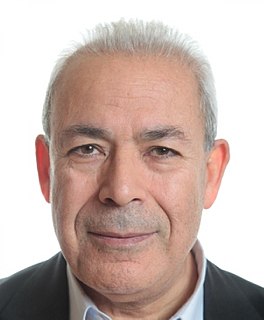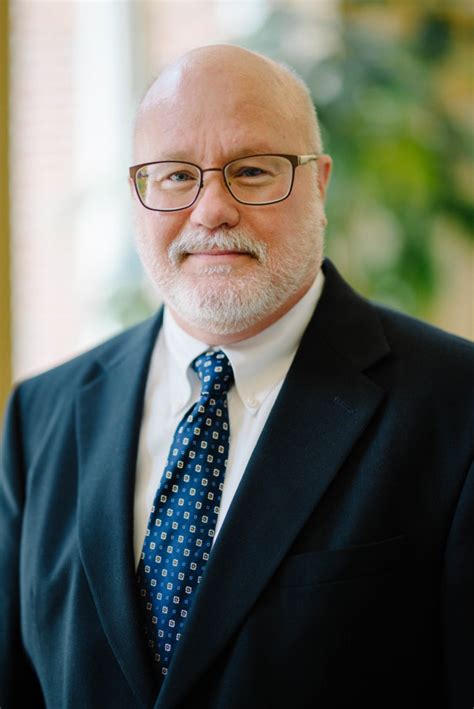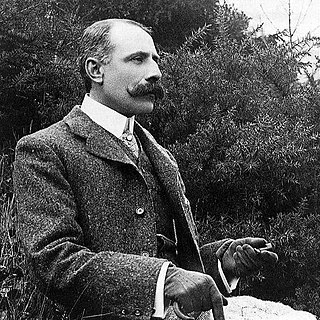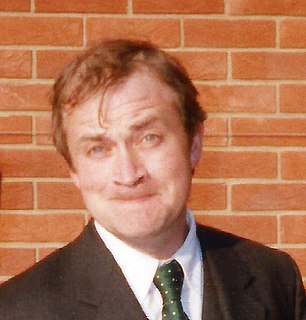A Quote by Linda Colley
It would be wrong to interpret the growth of British national consciousness in this period in terms of a new cultural and political uniformity being resolutely imposed on the peripheries of the island by its centre. For many poorer and less literate Britons, Scotland, Wales and England remained more potent rallying calls than Great Britain, except in times of danger from abroad. And even among the politically educated, it was common to think in terms of dual nationalities, not a single national identity.
Quote Topics
Abroad
Among
Being
Britain
British
Britons
Calls
Centre
Common
Consciousness
Cultural
Danger
Dual
Educated
England
Even
Except
Great
Great Britain
Growth
Identity
Imposed
Interpret
Island
Less
Literate
Many
More
National
National Identity
New
Period
Political
Politically
Poorer
Potent
Rallying
Remained
Scotland
Single
Terms
Than
Think
Times
Uniformity
Wales
Would
Would Be
Wrong
Related Quotes
The truth is that political consciousness in this country is pretty low... To the degree that we can help educate and organize people around the most important issues facing their lives and show that there is support for fundamental changes in the way we do business in the United States of America in terms of income inequality, in terms of low wages, in terms of disastrous trade policies, in terms of being the only major country not to have a national healthcare program - that's success.
I define the terms "founding fathers" and "founders" broadly to include an entire generation or two of Americans from many walks of life who, in the last half of the 18th century and early 19th century, articulated the rights of colonists, secured independence from Great Britain, and established new constitutional republics at both the national and state levels. This definition includes a cast of thousands who played their patriotic part at the local, state, and/or national levels. Among them were citizen soldiers, elected representatives, polemicists, and patriot preachers.
The 'Best of British' is a positive thing that's bandied around, but also it's applied pressure to our country in terms of economic growth. I think we've always felt the rest of the world is so much more powerful in terms of being commercially viable, but we can take great pride in our level of creativity.
I was always far more into anything creative that called for a bit of active participation, like reading aloud in class. Then, having left school shortly after my GCSEs, I auditioned for the National Youth Theatre of Wales and the National Youth Theatre of Great Britain as well as the Welsh National Youth Opera. I ended up getting into all three.
Since the Donald Trump election, which has involved this administration making direct attacks on press freedoms, you're actually seeing a certain amount of rallying and reinvigoration by the national press in terms of covering national issues and the presidency. The Washington Post and The New York Times, Mother Jones, ProPublica and a lot of other places, they've actually done some really strong work when confronted with this administration. But the resources that you used to have at state and local level aren't there anymore.
The identity of just one thing, the "clash of civilization" view that you're a Muslim or a Hindu or a Buddhist or a Christian, I think that's such a limited way of seeing humanity, and schools have the opportunity to bring out the fact that we have hundreds of identities. We have our national identity. We have our cultural identity, linguistic identity, religious identity. Yes, cultural identity, professional identity, all kinds of ways.
People who talk of the spread of music in England and the increasing love of it, rarely seem to know where the growth of the art is really strong and properly fostered: some day the press will awake to the fact, already known abroad and to some few of us in England, that the living centre of music in Great Britain is not London, but somewhere further North.
According to the Bank of England the economy is growing too fast so interest rates must rise to counter the supposed inflationary threat. In lay terms, I interpret this to mean that people are working much harder, causing economic growth, and they're in danger of spending their money, which is what the recession-hit shops want them to do. But the Bank and the City seem to think this is wrong, and that if people work harder they should be punished by having their mortgages increased.







































